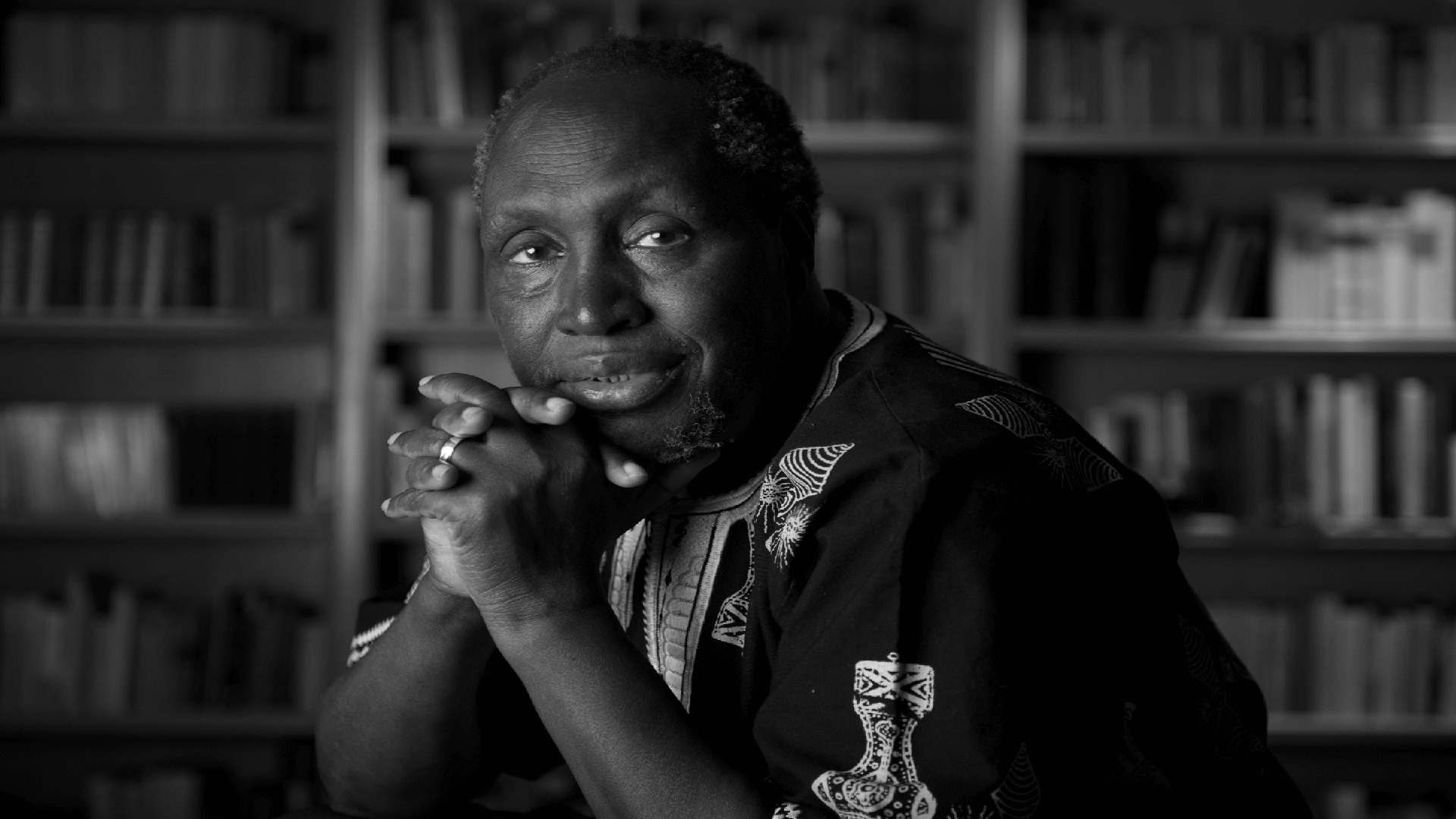Renowned Kenyan Author Ngũgĩ wa Thiong’o Passes Away at 87
It is with profound sadness that we announce the passing of Ngũgĩ wa Thiong’o, one of Africa’s most celebrated literary figures, on Wednesday, May 28, 2025, at the age of 87. The news was shared by his daughter, Wanjiku wa Ngũgĩ, who confirmed his death in a heartfelt statement, noting that he “lived a full life, fought a good fight.” Ngũgĩ, a towering figure in African literature, leaves behind a monumental legacy that reshaped the landscape of global storytelling through his bold narratives, commitment to indigenous languages, and unyielding fight against oppression.
Born James Thiong’o Ngũgĩ in 1938 in Limuru, Kenya, during the era of British colonial rule, Ngũgĩ’s life was marked by resilience and intellectual courage. His early years were shaped by the struggles of colonial Kenya, an experience that would later fuel his literary and political activism. Educated at Makerere University in Uganda and later at the University of Leeds, Ngũgĩ rose to prominence with his debut novel, Weep Not, Child (1964), a poignant exploration of the Mau Mau uprising and its impact on Kenyan families. This was followed by masterpieces such as The River Between (1965), A Grain of Wheat (1967), and Petals of Blood (1977), which established him as a leading voice in post-colonial literature.
Ngũgĩ’s decision in 1977 to abandon writing in English and embrace his native Gikuyu language was a revolutionary act that sent shockwaves through the literary world. This move, rooted in his belief in decolonizing the mind, challenged the dominance of colonial languages in African literature and inspired generations of writers to embrace their indigenous tongues. His first novel in Gikuyu, Caitaani Mũtharabainĩ (Devil on the Cross), written during his imprisonment in a maximum-security prison under the Kenyatta regime, became a landmark work. Ngũgĩ’s commitment to Gikuyu extended to his role as the founder and editor of the Gikuyu-language journal Mũtĩiri, and his short story The Upright Revolution: Or Why Humans Walk Upright achieved global acclaim, translated into over 100 languages.
A fierce critic of oppression, Ngũgĩ’s works often confronted the injustices of colonial and post-colonial Kenya. His outspokenness led to severe repercussions, including censorship, imprisonment, and exile under the regime of Daniel arap Moi. In 1977, Ngũgĩ was detained for a year without trial for his play Ngahika Ndenda (I Will Marry When I Want), co-authored with Ngũgĩ wa Mirii, which critiqued social inequalities. Forced into exile in 1982, he settled in the United States, where he continued his prolific career as a novelist, playwright, essayist, and scholar, serving as a Distinguished Professor at the University of California, Irvine.
Ngũgĩ’s literary contributions earned him international recognition, including perennial nominations for the Nobel Prize in Literature. His essays, such as those in Decolonising the Mind (1986) and his final work, Decolonizing Language and Other Revolutionary Ideas (2025), underscored his lifelong mission to reclaim African cultural identity. His works, blending sharp social commentary with rich storytelling, have been celebrated for their universal resonance and unwavering commitment to justice.
Despite his global acclaim, Ngũgĩ’s personal life was not without challenges. In 2004, he and his second wife, Njeeri, were violently attacked during a visit to Nairobi, an incident that highlighted the risks he faced in his homeland. Reports in recent years also noted personal struggles, including health issues and a divorce from Njeeri, with whom he had four children. Ngũgĩ was also father to six children from his first marriage to Nyambura, who passed away in 1996. His children, many of whom are writers and academics, continue to carry forward his legacy of cultural pride and storytelling.
Ngũgĩ’s passing has sparked an outpouring of tributes from across the globe. Literary scholars, activists, and readers have hailed him as a “cultural warrior” and a “literary genius” whose words ignited courage and reshaped African literature. His family, led by spokesperson Nducu wa Ngũgĩ, is expected to announce details of a celebration of his life, in line with his final wish to honor his contributions.
Ngũgĩ wa Thiong’o’s words will continue to resonate, reminding us of the power of language, the resilience of the human spirit, and the enduring fight for a decolonized world. Rest in power, literary giant.


